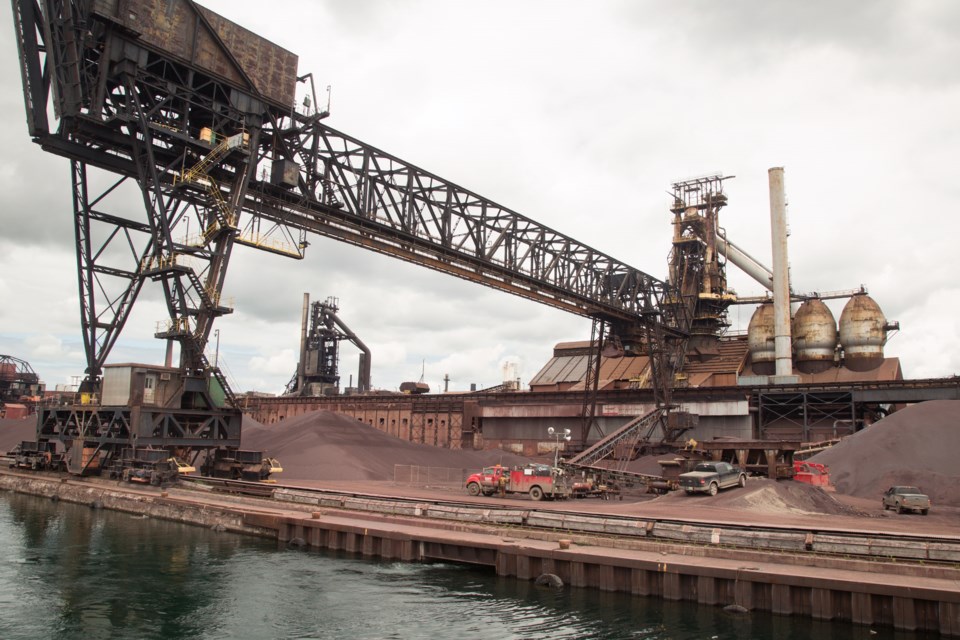Algoma Steel Inc. has this morning announced it has finalized a $220-million financing deal with The Canada Infrastructure Bank.
The arrangement, originally disclosed last July by Prime Minister Justin Trudeau in a pre-election announcement in Sault Ste. Marie, allows Algoma Steel to proceed with its massive, $700-million changeover to electric arc furnace steelmaking.
The Canada Infrastructure Bank is a federal Crown corporation set up in June, 2017. It works with provincial, territorial, municipal and Indigenous partners to invest a total of $35 billion in infrastructure projects that are considered in the public interest.
The following is the announcement from Canadian Infrastructure Bank and Algoma Steel:
The Canada Infrastructure Bank and Algoma Steel finalize previously announced agreement to finance green steel transformation plan
The Canada Infrastructure Bank (CIB) and Algoma Steel Inc., a subsidiary of Algoma Steel Group Inc. (Nasdaq: ASTL; TSX: ASTL) (Algoma) have entered into a definitive agreement with respect to the CIB’s previously announced commitment to finance the transformational upgrade of Algoma’s steelmaking processes at its facility in Sault Ste. Marie, Ontario.
Under the terms of the agreement, the CIB will provide up to CDN $220 million in financing towards the approximately CDN $700 million transformation to electric arc furnace (EAF) steelmaking.
On Nov. 10, 2021, Algoma’s board of directors authorized the construction of two new electric arc furnaces to replace Algoma’s existing basic oxygen steelmaking operations.
The CIB financing will enable Algoma to purchase state-of-the-art equipment to facilitate the EAF transformation, which is expected to cut greenhouse gas emissions by approximately 70 per cent, representing more than three million metric tonnes per year by 2030. This is equivalent to taking more than 900,000 passenger vehicles off the road – almost the same number of passenger vehicles in Toronto.
– SooToday




